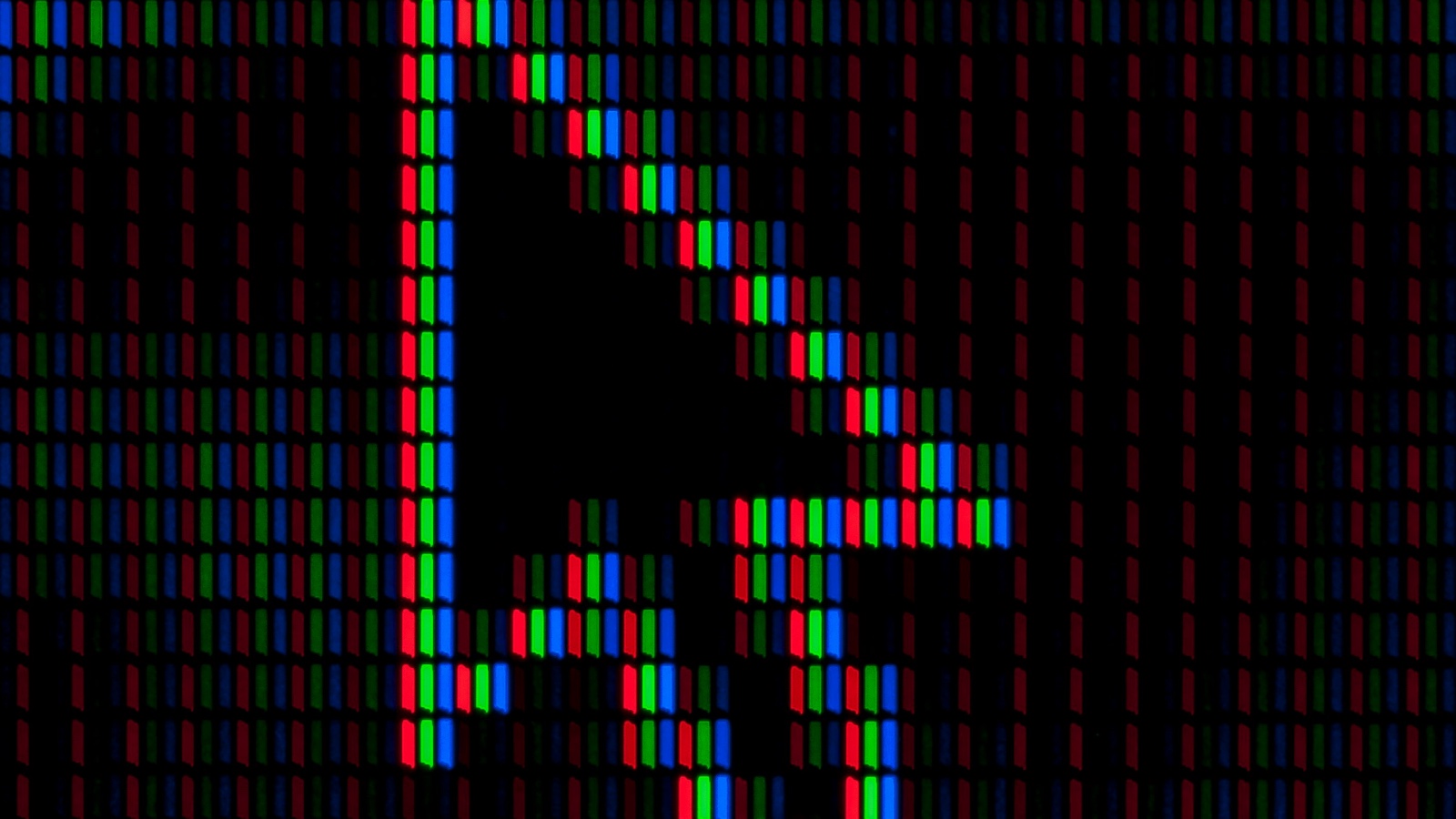The six-month proof-of-concept phase was successful. Now, DTCC, the US CSD, moves forward with its DLT-based “Project Ion”. The launch of its alternative settlement platform is scheduled for the first quarter of 2022.
The development of new DLT-based settlement-process offers is taking place in parallell with broader discussions, also promoted by DTCC, to reduce the industry-standard settlement cycle for US equities from a T+2 to T+1 basis. DTCC’s new press release about the progress of Project Ion refers to it as “an alternative settlement platform”.
Even so, the company seems to foresee a central role for it with time: “With six months of testing of the “proof of concept” now complete, DTCC has the quantitative data and qualitative feedback to build out a production-ready workflow and a roadmap for, subject to regulatory approval, future full industry integration and adoption,” it states.
T+0 … but still netted and CCP supported
The platform is described as “specifically modeled around a netted T+0 settlement cycle – but capable of supporting T+2, T+1, T+0 or extended settlement cycles”.
“Netted” is a key word, as any ideal solution must choose a sweet spot when it comes to setting the time frame; it needs to balance the potential for near-immediate settlement which is offered by distributed ledger technology (DLT), against the advantages of netting bought and sold securities, over a time period such as one day, to eliminate the need for most of the payments and securities deliveries. Digitalised assets and money are easier to move, so that sweet spot could be different depending on the situation.
DTCC describes the Project Ion platform as “designed to:
• Provide a clearance and settlement option for the industry leveraging DTCC’s core benefits of risk management and volume capacity, including netting and the trade guarantee of the CCP.
• Support new features, with seamless interoperability between the Project Ion platform and the classic settlement platforms at The Depository Trust Company (DTC).
• Ensure adherence to DTCC’s rigorous regulatory standards across resiliency, stability, security, risk, and controls.”












